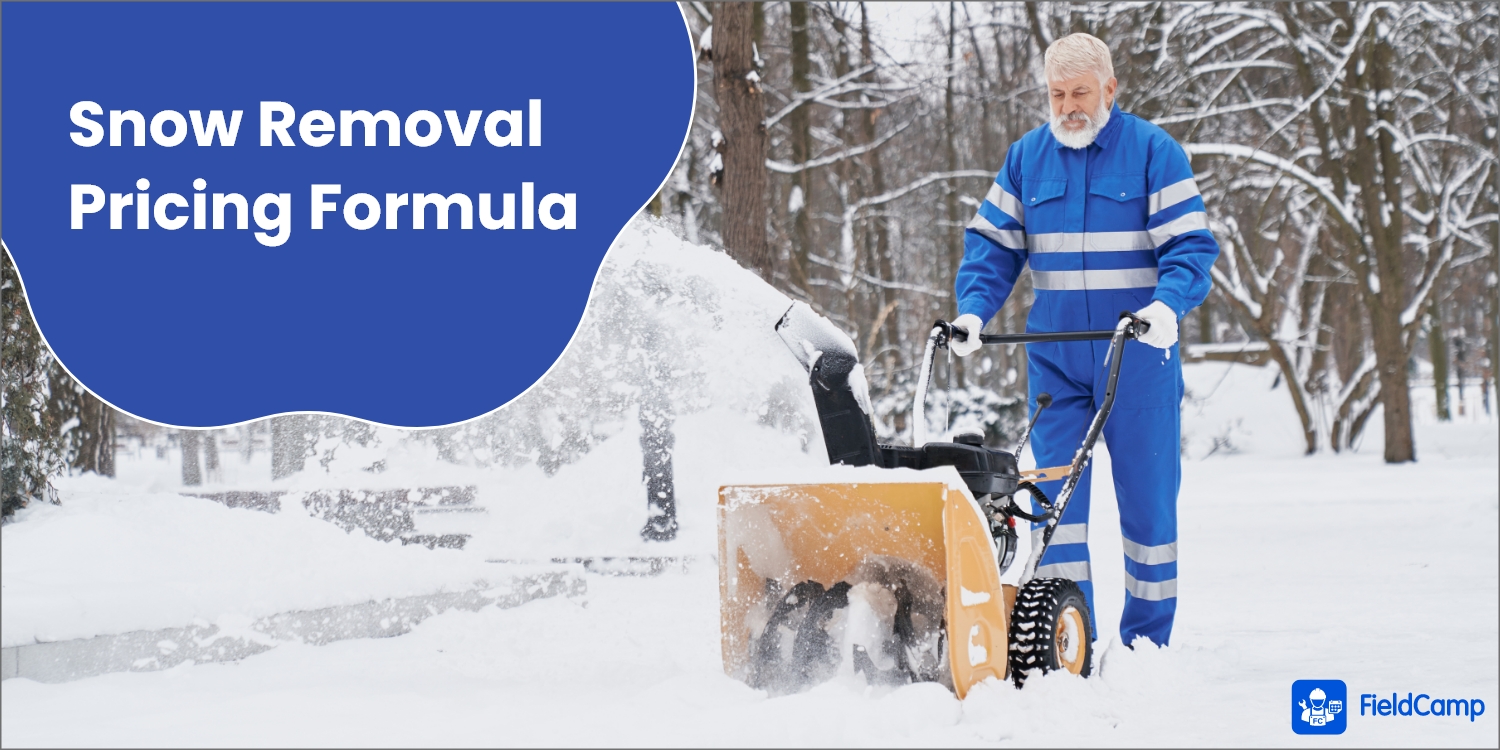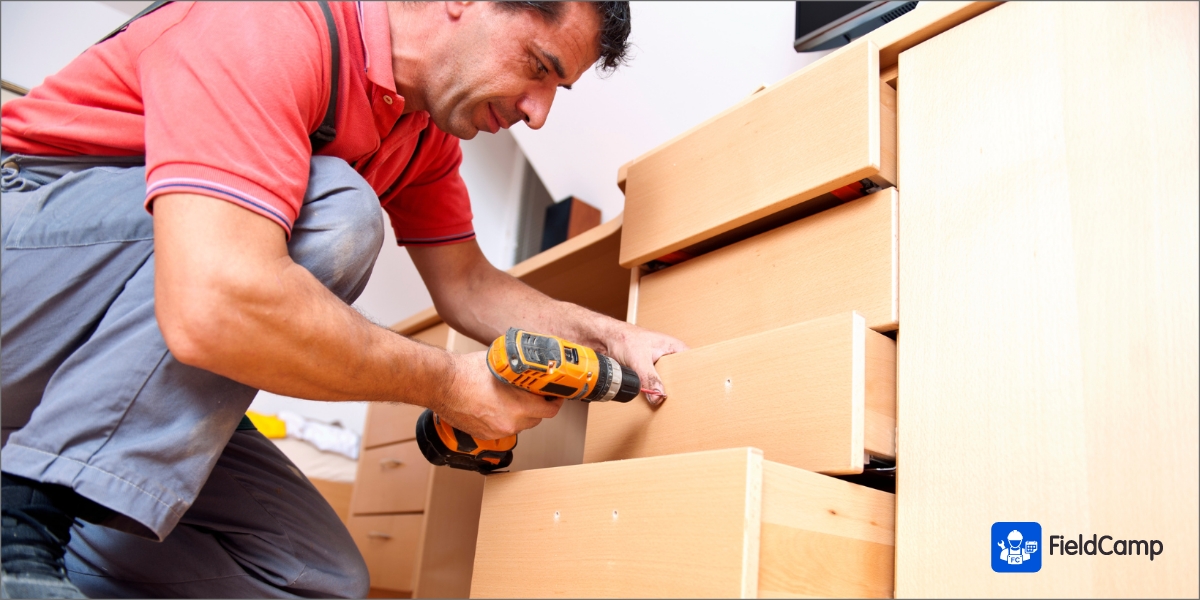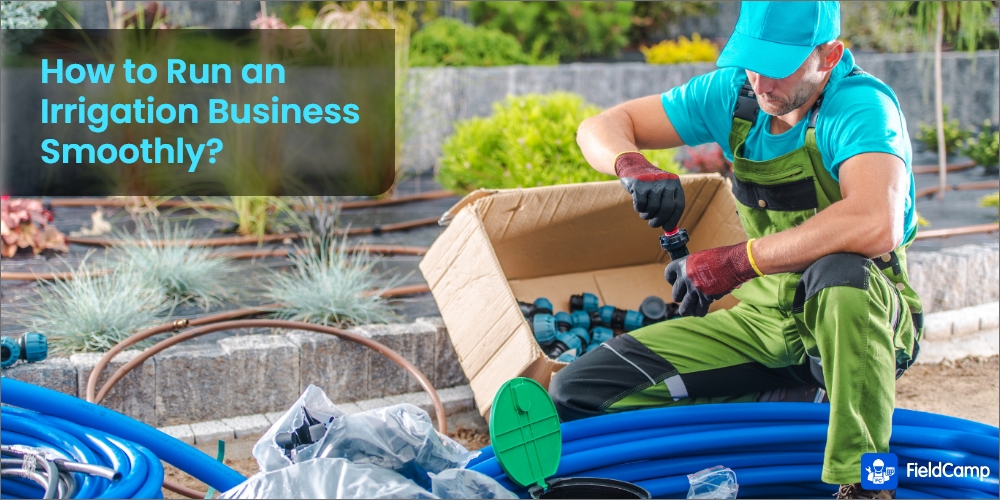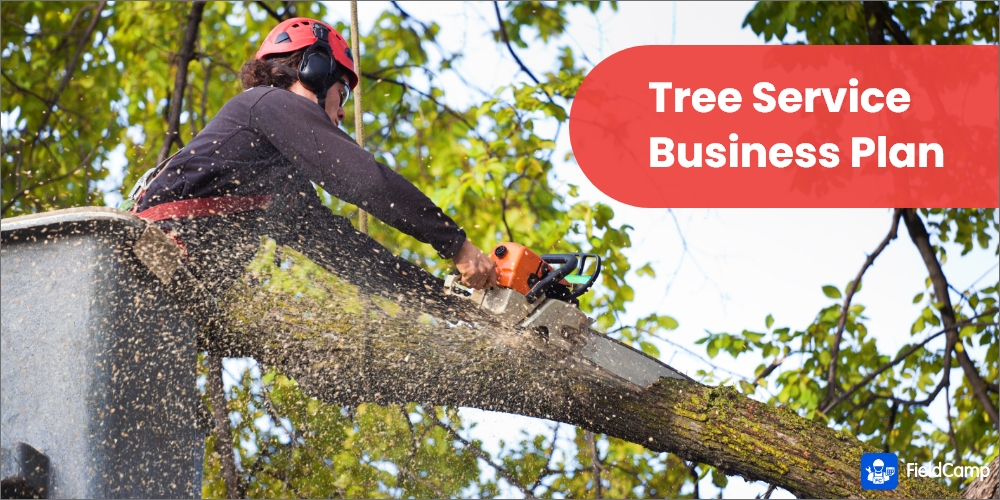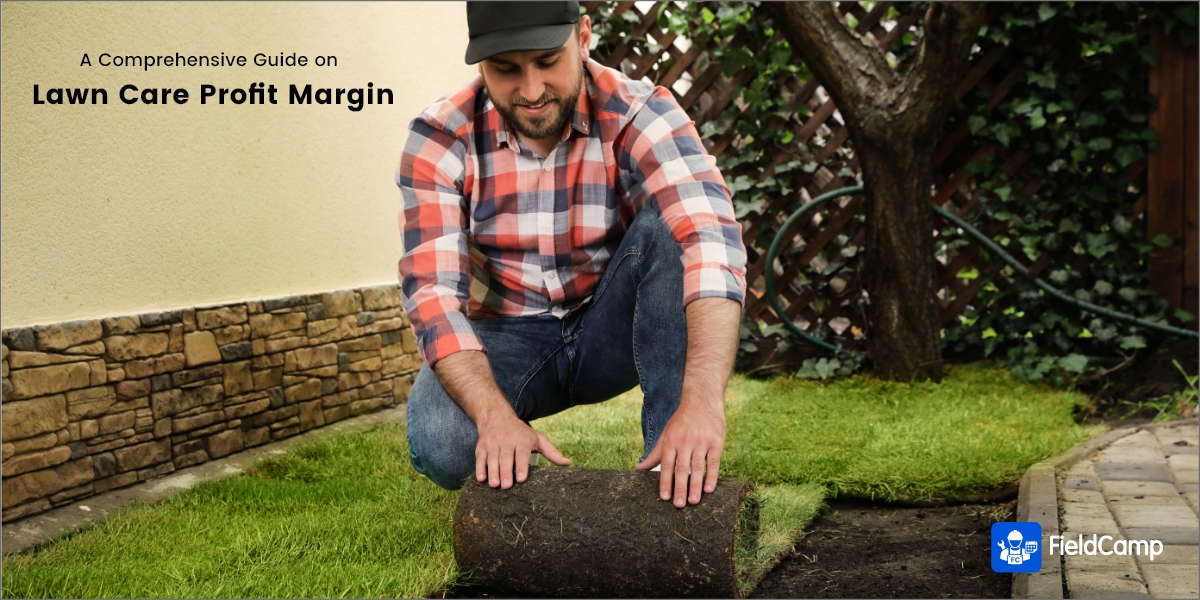Related Blog
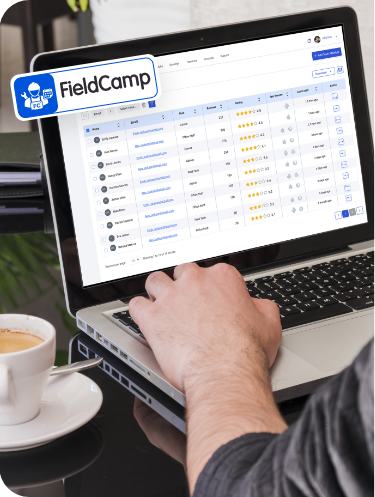
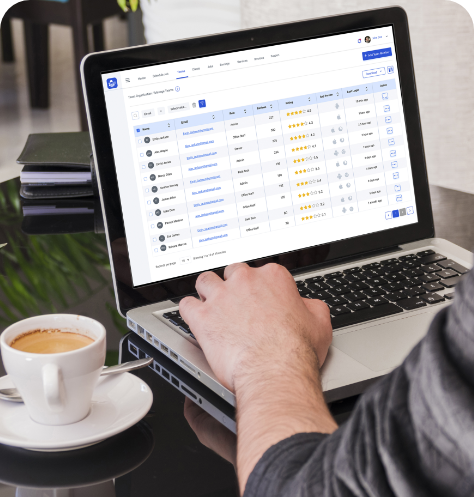
Schedule and Dispatch Jobs with FieldCamp
Automate Your Field Service Business Operations with Easy-to-Use Field Service Management Software.
-
Automate 90% of Daily Operations
-
Save up to 95% of Time on Scheduling and Reports
-
Track Technicians and Crews
No credit card details required
https://www.bing.com/
https://www.fieldcamp.com/blog/new-plumbing-technology/
www.bing.com

